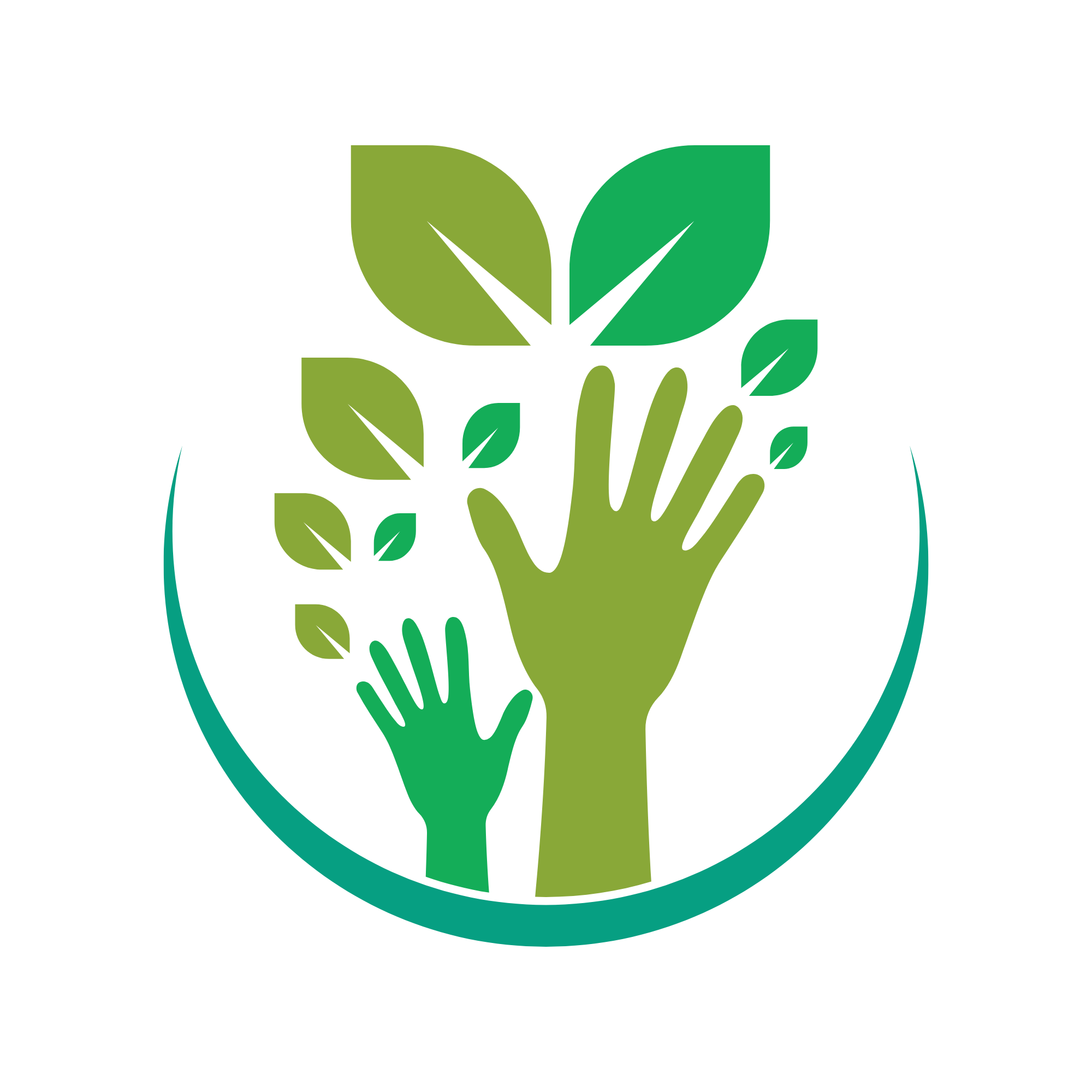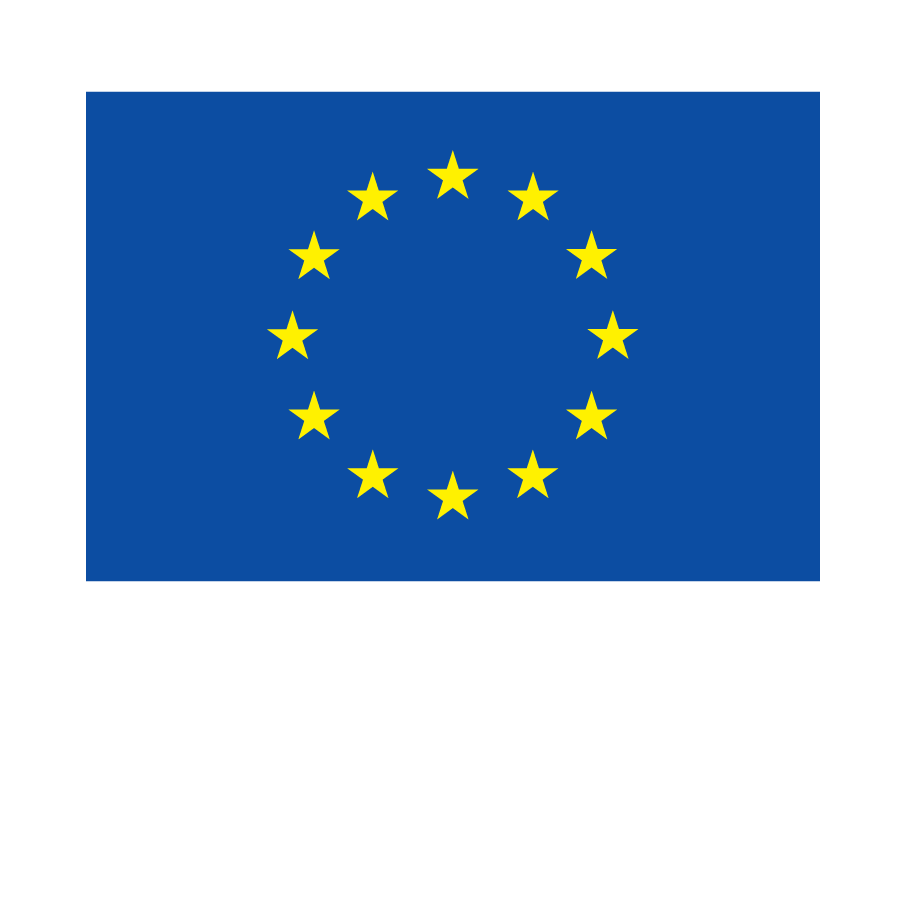The value chains that DigInTracE implements and demonstrates the overall concept, are selected explicitly for belonging to industrial sectors highlighted by P4P roadmap, while also allowing the validation of closed-loop supply chain solutions employing concepts as recycling, reuse and upgrade of materials by deploying optimized chemical processes. For this 4 demonstrations will take place, in Greece, Spain, Belgium and Italy.
CHIMAR – Demo owner
NTUA – Demo Coordinator and Research partner
STYMON – supplier of secondary resources (oil seed press cakes)
MENEXES – supplier of secondary resources (Underutilized wood by-products) and receiver of end product (plywood panels and particleboards)
VTT – Research partner, smart tags and data management
ICCS – Wood sorter design and development
Phenol-formaldehyde resins (phenolic resins) are synthetic polymers that are widely used as adhesives for wood products bonding. These adhesives are of petrochemical origin, increasing environmental pollution and therefore, the need to replace them with natural bio-based products. Proteins are a group of natural and renewable materials, suitable for use in wood adhesives. In the Greek demonstartor, proteins recovered from oilseed crops (sunflower, rapeseed and cotton press cakes) are utilized as building blocks in phenolic bio-based resins by CHIMAR, replacing part of the petroleum-based phenol material. The resins will be mixed with a variety of additives to produce wood composite materials plywood panels) for furniture construction. Furthermore, secondary raw materials from the wood industry, will be mixed with fresh wood chips to develop a wood composite material (particleboard), by CHIMAR. The Greek demonstrator will, finally, lead to the production of two new wood-based composites, i) plywood produced with bio-based adhesives and ii) particleboards produced with the addition of wood waste that will be evaluated by MENEXES in the furniture industry.
New methods to increase the use of secondary raw materials coming from oilseed processing side streams and underutilized wood by-products coming from furniture manufacturing will be developed and demonstrated. The developed wood composites will be characterized by more sustainable bio-sources of raw materials, improved health and safety during manufacture and end use, enhanced performance characteristics and improved environmental profile.
Oilseed crops processing industry, Chemicals industry (binders, biopolymers), Wood industry (composite wood-based panels)
ASTIGARRAGA kite LINE (AKL): Demo owner
TECNALIA: Demo leader
ICCS: Technical partner
The overall objective of this demo is value retention and upgrading of wood-based by-products by the use of digital technologies. At the premises of ASTI, along the whole wood processing including furniture production line, different types of by-products might be produced. Those residual side streams include sawdust, wood chips, wood scraps, sanding dust and broken and defective pieces. The aim of the demo is to identify, characterise, quantify and separate the classified by-products by means of digital technologies developed by ICCS. This classification and collected data will allow to trace all produced materials towards the next slab in the furniture value chain and to move into a different sector (such as construction, pulp&paper, packaging). Proper classification of the by-products will allow for new, added-value products to be manufactured by TECNL, such as high-value wood-based boards, insulation foams, etc.
Digital technologies to increase waste reduction: Digital technologies introduced in the wood value chain byproducts classification and with a well-defined and traceable quality. In this demonstrator, industrial wood by-products of ASTI will be sorted with a wood sorter, designed by ICCS, and selected side streams and pieces will be valorized accordingly by TECNL, in order to facilitate increased waste reduction, upgrade of the materials and enhanced retention of value throughout the chain. The critical parameters to be examined, according to which the residual side – streams are categorized and sorted, include the size, shape, moisture content etc. DigInTraCE platform will enable traceability of the by-products and the final products, as data from all stages will be collected regarding quality attributes (e.g. properties, composition, origin, etc.). Besides, Artificial Intelligence and Computer Vision for optimization of the wood scraps by-products will be used. By using those digital technologies, the scraps (that normally are crushed into smaller pieces, losing value) will be used to create mosaic-like self-supporting functional surfaces for furniture and cladding. Result will be its value retention.
Optimisation of use of secondary raw materials in the value chain: will be realized after the appropriate separation of wood by-products. As a result of sorting by size and by quality requirements (moisture content), application into the demonstrator processes, the energetic valorization (through pellets manufacture) will be reduced and eventually eliminated. Novel wood-based products manufactured include a) particle boards containing small-sized bark chips (with low formaldehyde emission); b) high quality MDF and HDF panels (manufactured with small fiber sizes); c) wood insulation products (manufactured with medium fiber sizes) and d) wooden self-supporting surfaces (made out of scraps for furniture and cladding).
Increase of secondary raw materials use: 30 %
Waste reduction: 30 %
GHG emissions reduction: 20 %
Number of up-cycling, reuse and upgrade technologies of secondary raw materials implemented: 4
By-products value increase 200%
| Wood Industry: Wood derivatives manufacturers (MDF, HDF, OSB, Plywood, LVL, Glulam, furniture, wooden insulation, etc), Pulp & Paper industry |
CTB: Pilot lead, recycling and upcycling polyester waste to high-tenacity quality
SIOEN: Pilot host, textile producer
VTT: Development of smart tags
EUPC: Compliance with regulations, standardization, and certification
CIRCE: Value chain mapping
The main target is to increase the qualities of PET resulting from polyester recycling, to fit high-demanding textile applications. The potential waste streams to be used are end-of-life plastics and textiles. Two types of recycled polyester qualities for textiles applications are identified, normal PET (standard quality) and high tenacity (HT) PET. The bottlenecks are situated at several levels, e.g. sorting (where the digital tracking/DPP can help) but also dealing with the contaminations present in the sorted-out ‘monostreams’.
In this demonstrator, two relevant waste streams are considered:
- polyester textile waste, where monitoring of the fingerprints of degradation molecules will be performed to monitor the impact of its use life on the properties of the recycled polyester and
- polyester packaging materials having a relatively short lifetime (e.g. bottles, trays,etc.), where ratios of polymers will be monitored.
In this pilot, PET will be recycled and upcycled in a cost-efficient way, by processing it an innovative recycling line combined with polymer upgrading using additives. This will be combined with smart tags tracking important properties of the products and carrying relevant data (related to DPP).
The Belgian case will, finally, lead to the production of a polyester textile with the following benefits:
- maximum recycled content
- certified recycled content
- integrated smart tags carrying DPP and relevant property data compliant with regulations and standards.
Textile and plastic sector, recyclers, waste management companies, legislators.
| DGS: Demo Coordinator IRIS: Development of monitoring systems ICCS: Development of sorting systems UVQ: Demo research partner SIGIT: Demo owner |
The pilot covers all the steps of the plastics value chain: purchase of raw materials, transformation, moulding and finished product release, supported by sales planning and scheduling, with the aim of tracking and tracing circular practices to increase the use of recycled materials. On the raw materials side, by tracing the recipes it is possible to maximize the use of recycled materials. A more effective management of BOMs in plastic moulding cycles will increase the quality of produced materials and enable the reduction of raw material waste, increasing the reuse of recycled
materials. Moreover, tracking of production waste associated with the BOMs of raw materials allows to maximize the recycling of unsold products. The n-level BOM including the list of all components, subassemblies, semi-finished products, and raw materials necessary to make a product, provides information about origin of materials (first choice, second choice, recycling): these data allow to track and trace all required materials and components information like origin, reusing, first or second choices and so on. The circularity aspects will be realized managing the reuse of waste materials depending on different nature of the recycled material or component: upcycling (an unused component is reused in another product without any transformation) or downcycling (unused components are transformed and reused in production).
Sensing technologies will be used for identification of heavy and contaminated plastics and target polymers identification. IRIS will develop a monitoring system based on the combination of HSI technology (for plastic identification) and LIBS technology (for heavy metals detection, bromine and phosphate detection, among other compounds), which will be implemented in the recycling process.
The goal is to increase polymers detection efficiency by enabling polymeric compounds detection and afterwards to implement separation of defective compounds, in order to boost recycling procedures and reduce materials to incinerator. The sorting mechanism will be designed and developed by ICCS, utilizing the real-time identification and classification provided by IRIS system. The categorization according to plastic flake size and the removal of defective pieces will be succeed using robotics arms, manipulated in real-time utilizing vision-based techniques. This sorting mechanism will enable reduction of waste, increased identification accuracy and efficiency in recovery of high-quality secondary resources. Data driven AI algorithm will be implemented in the existing infrastructure to enhance the existing supply chain software. That software, in the manufacturing execution system (MES) layer implements a recipe management system. The implementation of the AI algorithm will allow the plastic components producer to get understanding on the mistakes that originate from recycled materials or from process related mistakes (pressure, temperature, etc.). Implementation of the AI algorithm, which will be deployed in the existing software used by Demo Owner, will allow for optimisation of the process of plastic components production from secondary raw materials.
Recycling company, Injection Moulding company



